China's Foreign Ministry on Monday refuted recent remarks by high-ranking U.S. officials denigrating Chinese-made cars, noting they are creating a false narrative, and this clearly reflects Washington's practice of making economic and trade issues into ones of politics and security.
Mao Ning, a spokesperson for China's Foreign Ministry, made these remarks after U.S. Commerce Secretary Gina Raimondo said in a recent interview with U.S. media outlet MSNBC that "cars these days are like an iPhone on wheels… You connect your phone and you might receive the text message… Imagine a world with 3 million Chinese vehicles on the roads of America, and Beijing can turn them off at the same time."
Mao said that by that logic, shouldn't China be more worried about Washington's ability to get hundreds of millions of Apple phones of Chinese users to channel collected information back to the U.S., or even cause a blanket screen shutdown?
Hua Chunying, another Foreign Ministry spokesperson, on Sunday addressed Raimondo's remarks on X, saying that "cars are like iPhones on wheels? Beijing can turn off millions of Chinese vehicles on U.S. roads at the same time? Kindly remind @SecRaimondo that iPhones are American products. Were you suggesting that iPhones, Tesla and even Boeing... have been sending secret data back to the U.S. and could be shut down at any time by Washington?"
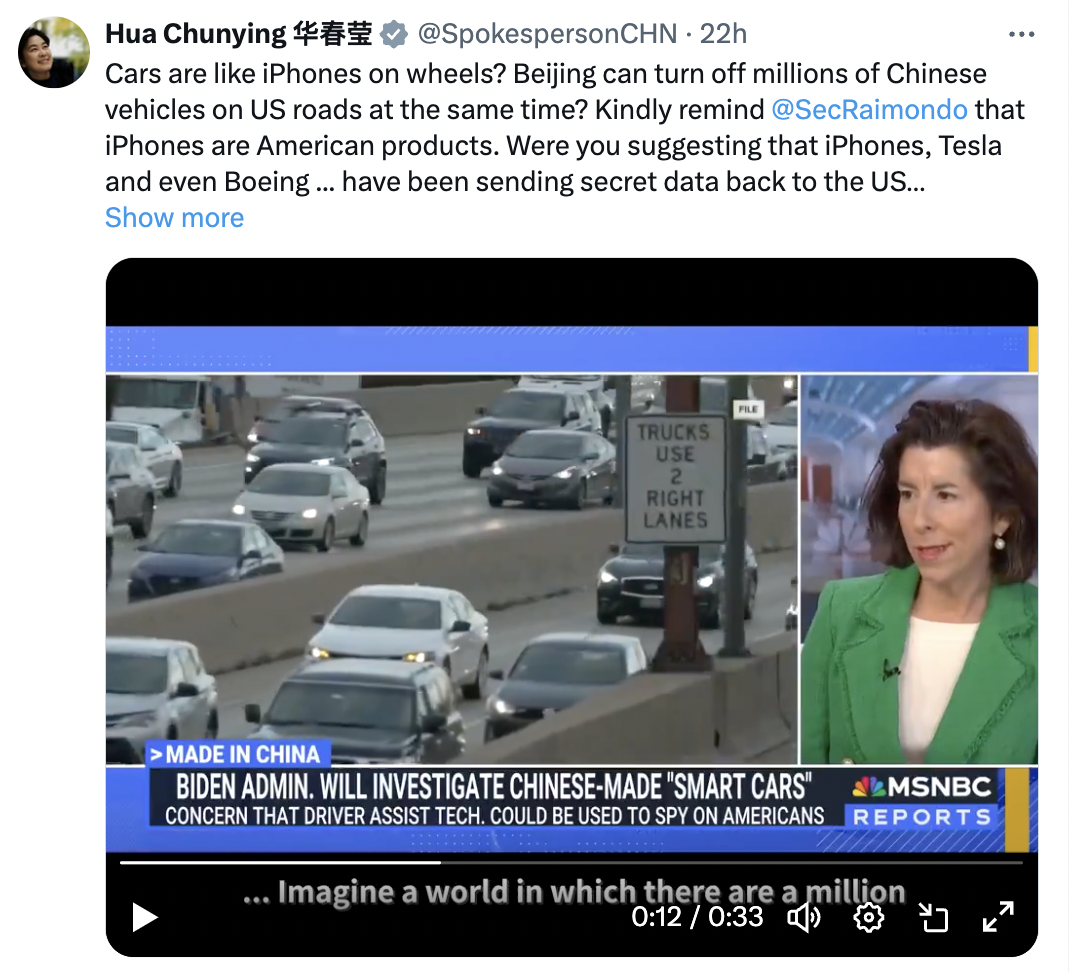
Hua also posted a graphic comparing the behavior of China and the U.S. in the automotive industry, asking "Who is using 'unfair practices' in global auto market?"
The image showed that China's approach is "open to global auto companies," while the U.S. is taking "unprecedented steps" against Chinese vehicles.
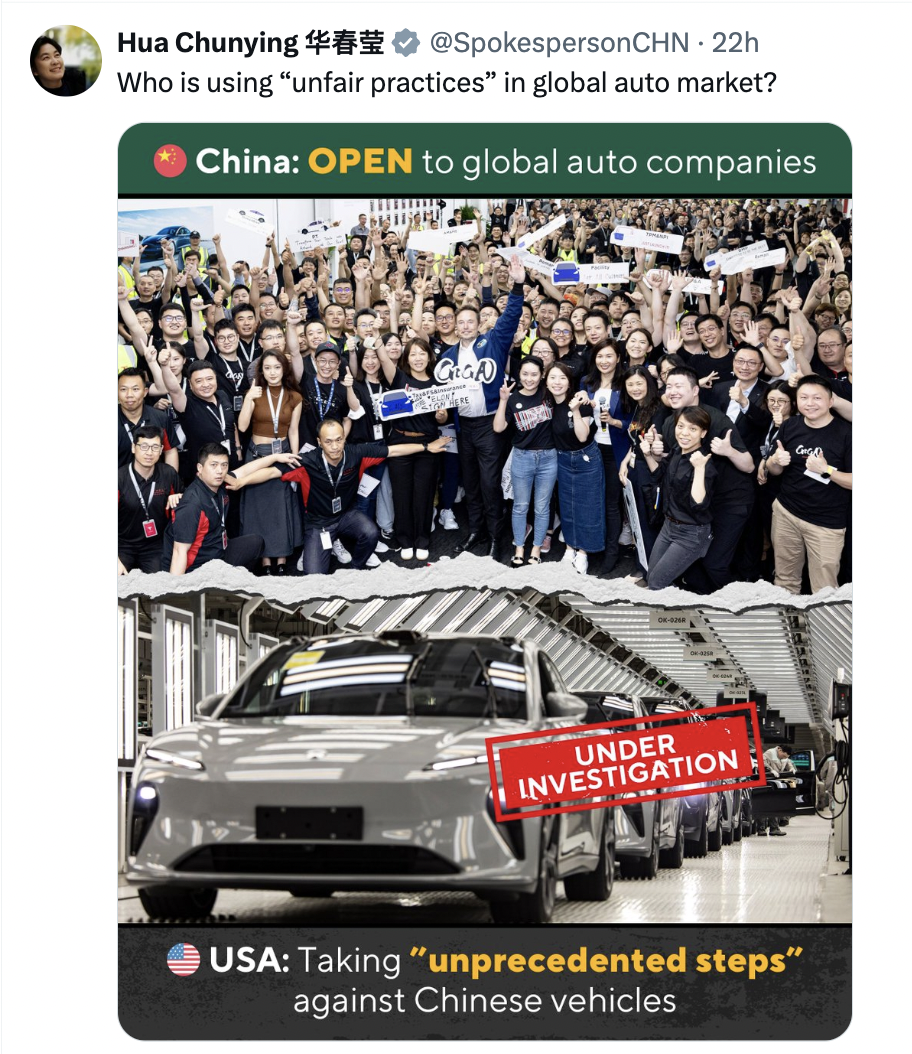
The top half of the picture shows Tesla CEO Elon Musk being warmly welcomed in Shanghai during his visit to China in 2023, with Chinese employees posing for photos with him; the bottom half of the picture shows Chinese electric cars labeled as "under investigation."
Hua said, "If the only tool you have is a hammer, everything looks like a nail." The post is accompanied by an image listing the U.S. "China threat" items including Huawei, TikTok, weather balloons, cargo cranes, corn mills, garlic, vehicles and more to come, depending on politics.
The U.S. government plans to investigate Chinese-made electric vehicles to make sure that the vehicles have no data security loopholes. In response, Mao said on Friday that Chinese-made cars are popular globally not by using "unfair practices" but by emerging from fierce market competition with technological innovation and superb quality.
"China's door has been open to global auto companies, including U.S. auto companies, that fully shared in the dividends of China's big market. By contrast, the U.S. has engaged in trade protectionism and set up obstacles including discriminatory subsidy policies to obstruct access to the U.S. market by Chinese-made cars. Such acts of politicizing economic and trade issues will only hinder the development of the U.S. auto industry itself," Mao noted.
China urges the U.S. to respect the laws of the market economy and the principles of fair competition, stop overstretching the concept of national security, stop its discriminatory suppression of Chinese companies, and uphold an open, fair and non-discriminatory business environment, the spokesperson added.








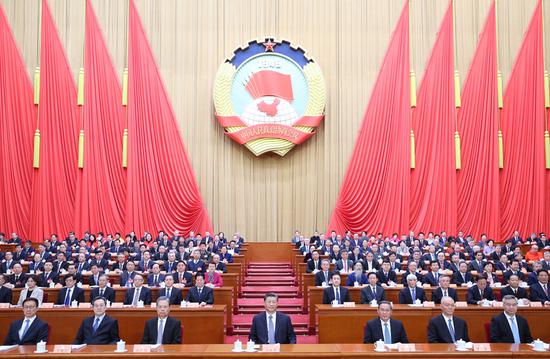
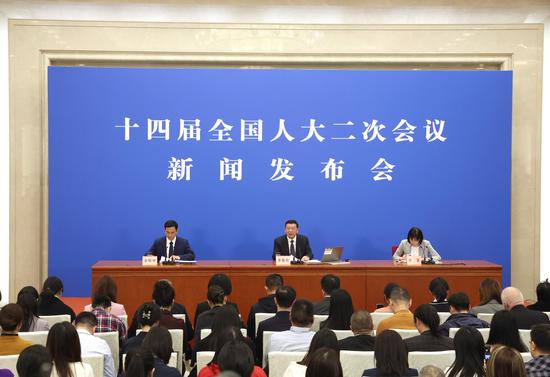
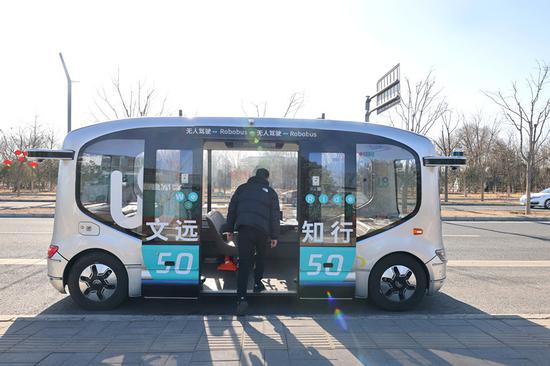



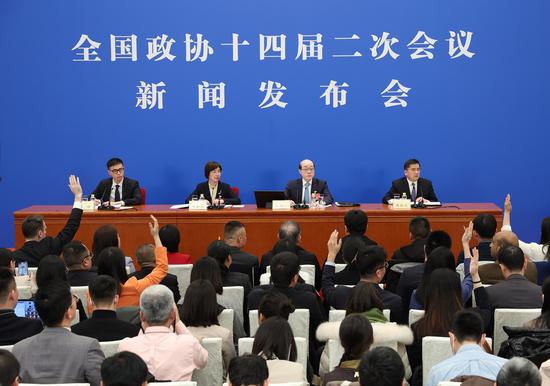


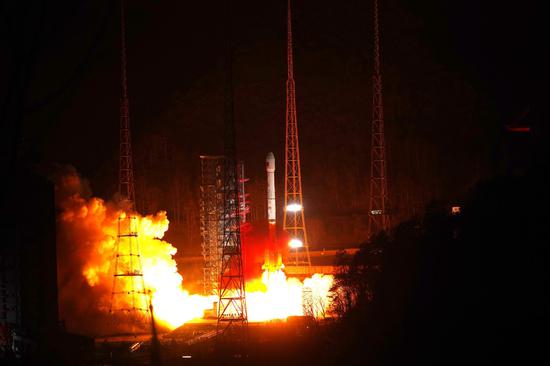
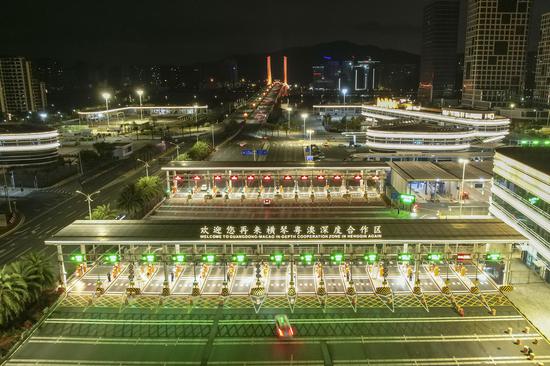
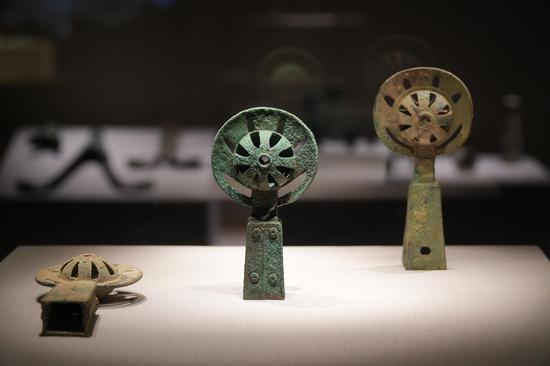





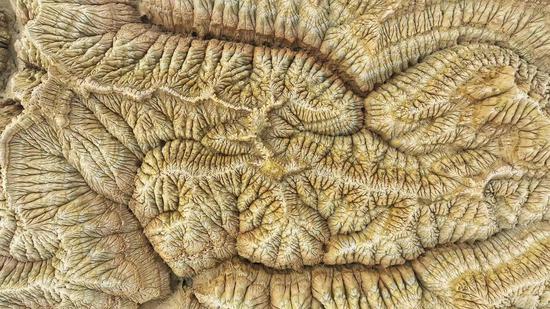
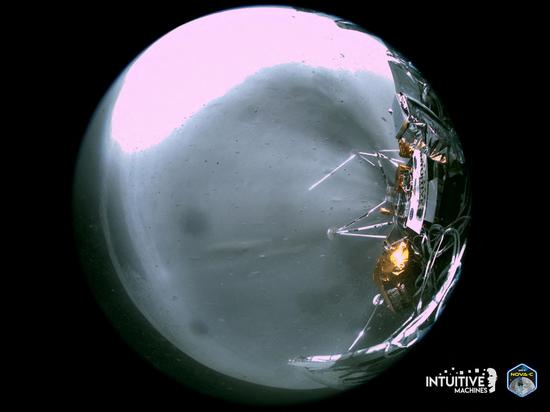
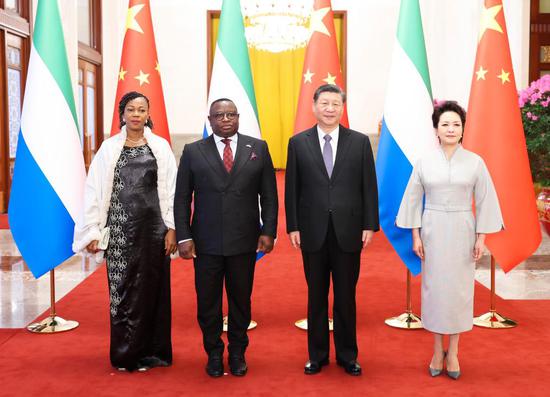

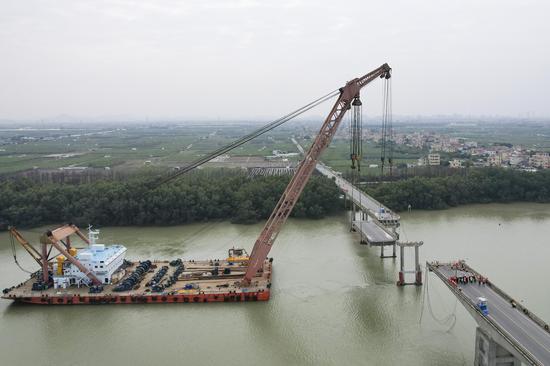
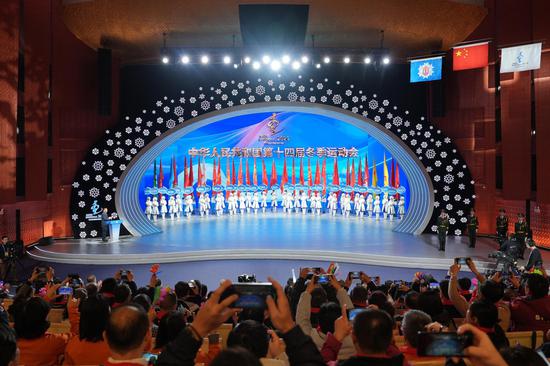


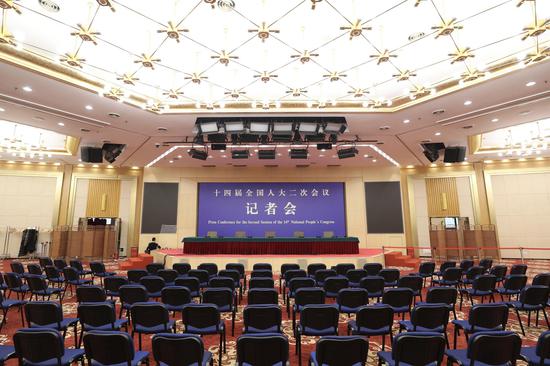
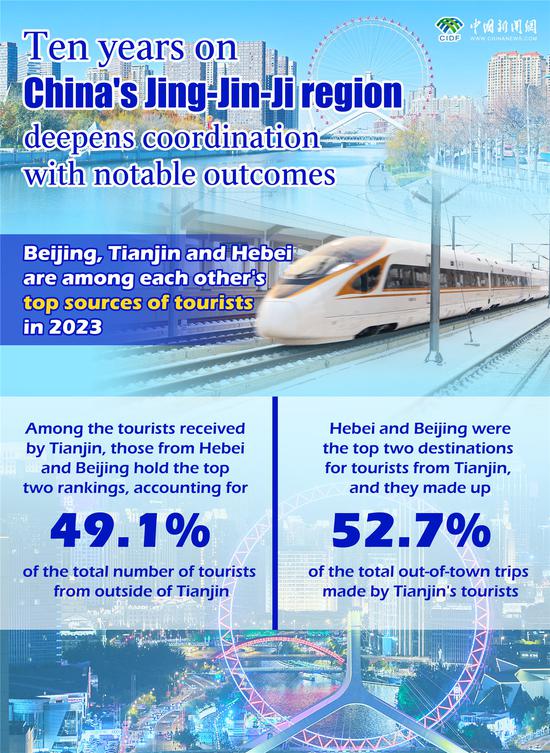
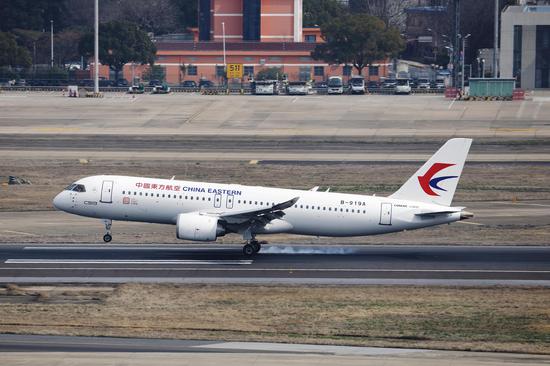
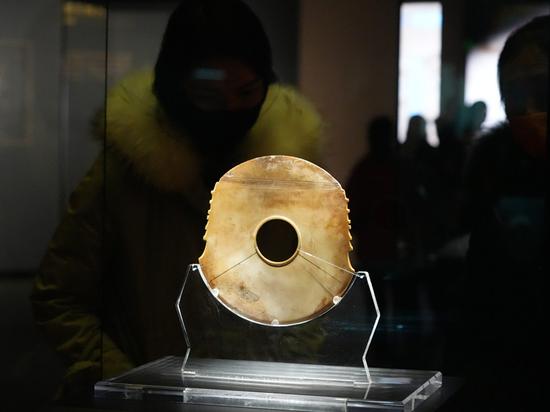


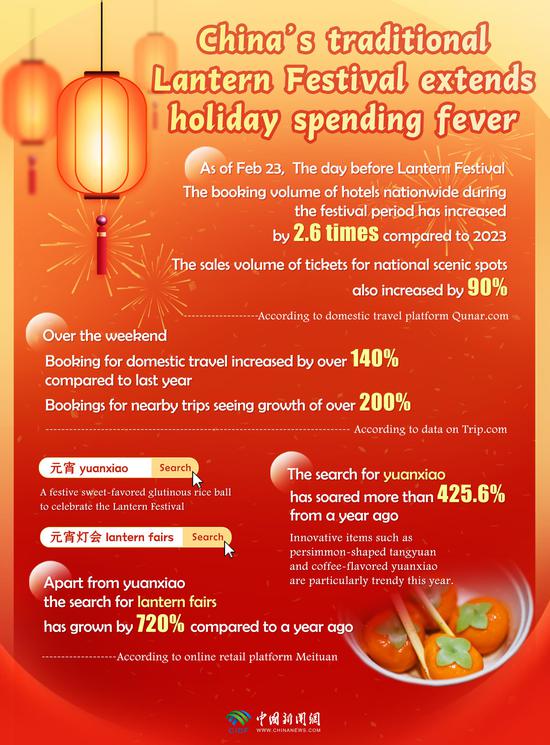
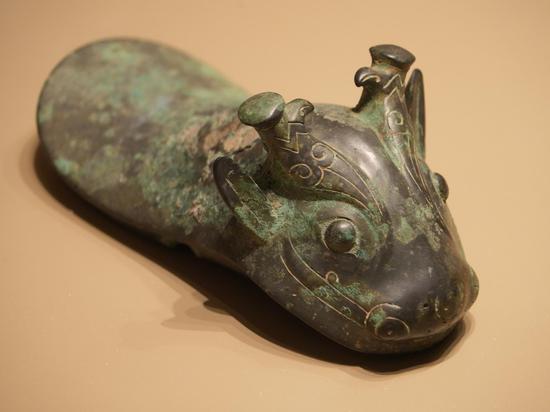
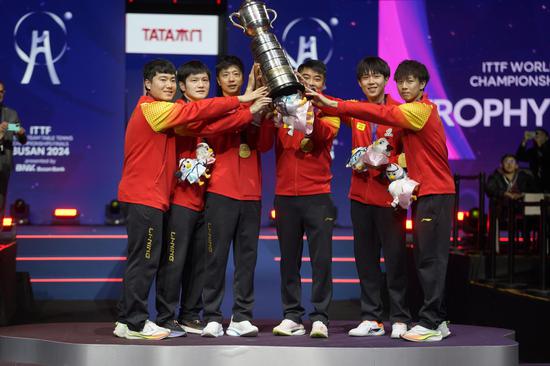








 京公网安备 11010202009201号
京公网安备 11010202009201号